
Massive discrepancies have come to the fore in the database compiled by the Consumer Affairs and Public Distribution Department (CAPD) in Jammu and Kashmir as the State Government without waiting for the consent from State Assembly has already implemented National Food Security Act (NFSA).
One of the application forms received by the CAPD department that has gone viral shows how a ration card holder has sarcastically mentioned the names of his sons as ‘Kurkure’, ‘Lays’, and ‘Punjabi Tadka’.
The netizens all over Kashmir not only are making fun of the CAPD department but have also been stating how people in this region have been caring a fig for this new Act.
“This is not the first instance that a ration card holder has made a fun of this department. Earlier a ration card holder filled up CAPD form in Bollywood style. Fail to understand why the government is hell bent to implement this anti-people law in Jammu and Kashmir.”
The CAPD department’s database is completely erroneous while one fails to understand how CAPD authorities have marked these erroneous forms with its official stamps. “The names of my sons are Kurkure, Lays and Punjabi Tadka. My form has been accepted by CAPD Department and stamped officially. This is the state of affairs. I had done so to express my resentment against this so-called National Food Security Act but was aghast to see the department has accepted my form in toto,” the ration card holder told CNS.
The CAPD Department’s database has also used picture of a Sikh against the name of a Muslim. In another case, the erroneous CAPD database has managed to get a man married to another man, who happens to be his son.
The most common complaint across the Valley is that wrong names have been included in the database while the genuine ones have been excluded, causing anxiety among the people.
Earlier Director CAPD had admitted that there were mistakes and discrepancies in the survey carried out by the department in 2012 and they had started the process of getting these rectified, but the reality is that major part of CAPD database is erroneous and nothing is being done to rectify these errors.






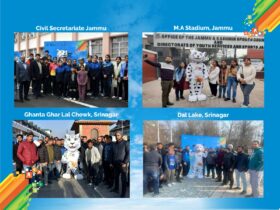
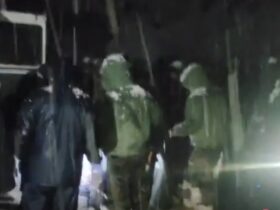
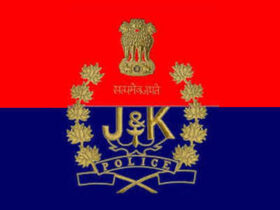
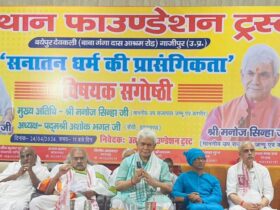
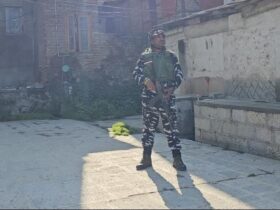

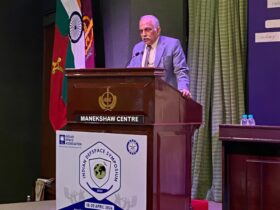
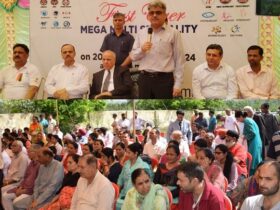


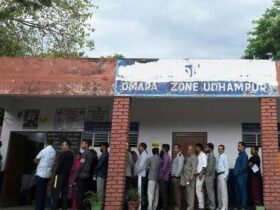
Leave a Reply